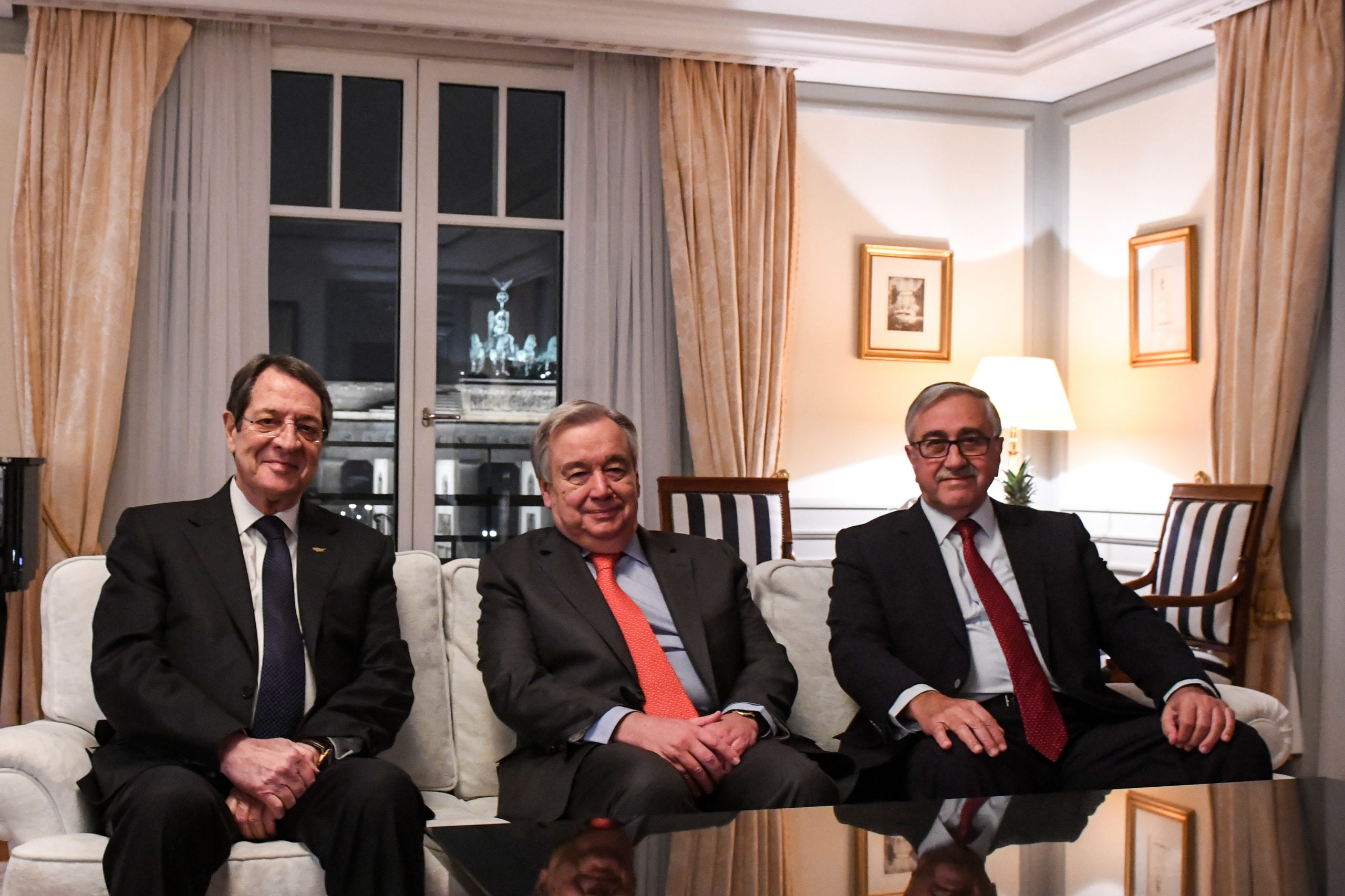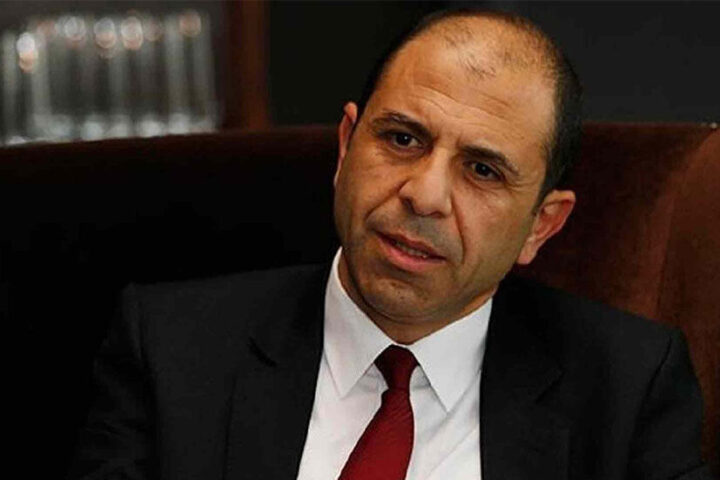When the political mood music is sirens disrupting the morning air to remind us of a dark tragedy that remains unresolved 46 years on it should serve as more than a wake-up call.
Sirens sounded earlier this week to mark the exact hour tanks rolled into Nicosia to oust President Makarios III in an army coup orchestrated by a military dictatorship in Athens.
Why and how it happened is a point of conjecture, silence, shame and grief – like much of Cyprus politics.
On Monday, wailing sirens will again sound the alarm to a time when Turkish troops set foot on a beachhead in Kyrenia to signal the 1974 invasion, five days after the coup.
Although the anniversary is a time for solemn reflection and honouring the sacrifice of others, Cyprus is still a divided island with not even a flickering prospect that peace will deliver us from division.
At such times there is political posturing, condemnation, grand words but nobody really prepared to spark a debate in how we dig ourselves out of this impasse.
We must also ask the difficult questions of whether Cypriots are comfortable with the status quo where Cyprus is a relatively wealthy EU member that is charting its own course.
Politicians are duty-bound to blow the trumpet of reunification under UN resolutions, but nobody can agree what a united Cyprus should look like with devolution of powers for Turkish Cypriots.
It is understood that a solution will not bring back a pre-1974 Cyprus while providing federal arrangements that include a concept of power-sharing and mutual trust.
Even the most short-sighted among us wearing Gucci rose-tinted glasses cannot fail to see that these key ingredients are conspicuous by their absence.
There is an argument to suggest the Cyprus problem is in a politically tricky spot not seen for a generation or more.
Since peace talks collapse at a UN conference in Switzerland three years ago there have been fewer sightings of a diplomatic initiative than spotting a white rhino.
During a time of the coronavirus pandemic, the last thing the world wants to focus on is an intractable problem buried under legal documents, coded messages, distrust mixed with NATO fission.
Like COVID-19, there is no known cure for Cyprus problem fatigue unless you can perfect the Cypriot shrug of indifference which seems to endure more than most things.
Politicians play lip service to stitching the island back together again to create a paradigm of harmony, although zilch is being done to bring Cypriots closer together.
COVID19 blame game
You need to look no further than the pandemic as an example of how both sides could have reached out in a spirit of cooperation to beat a common enemy – the politics of distrust got in the way.
There were arguments about accepting medicine from the Greek Cypriots, then a blame game Olympics over the crossings closing then not opening fast enough or insufficient data about the virus in the north.
Cypriots have spent so long distrusting one another on a scale Trump or Putin would be proud of, that it’s inconceivable to admit they might get to like each other – in a false smile to the neighbour kind of way.
Relations between Greek and Turkish Cypriots have worsened over the three years since Crans Montana (sounds like a Spaghetti Western) while Ankara has also turned up the heat.
Turkey has become progressively more aggressive and belligerent as Cyprus has tried to forge regional ties underpinned by its untapped energy wealth.
Stepping into Turkey’s sphere of influence in the East Med is going to cause a ripple effect, creating choppy waves for Cyprus to navigate.
Things have got so bad that the UN has given up trying to sound remotely optimistic about another peace push.
In his report, UN chief Antonio Guterres conceded that so much bad blood has been spilt since Crans Montana “making it more challenging to resume negotiations”.
Decrypting this diplomatic speak, he is actually saying Cyprus has two chances, slim or none, and slim has just left town.
Guterres said the absence of a solution is “increasingly unsustainable” but warned, “this time must be different”.
He is being as direct and as blunt as his position allows but by the time his words reach Cyprus, they are drowned out by the wailing sirens.
There will come a time when even the sirens will stop crying for Cyprus.










